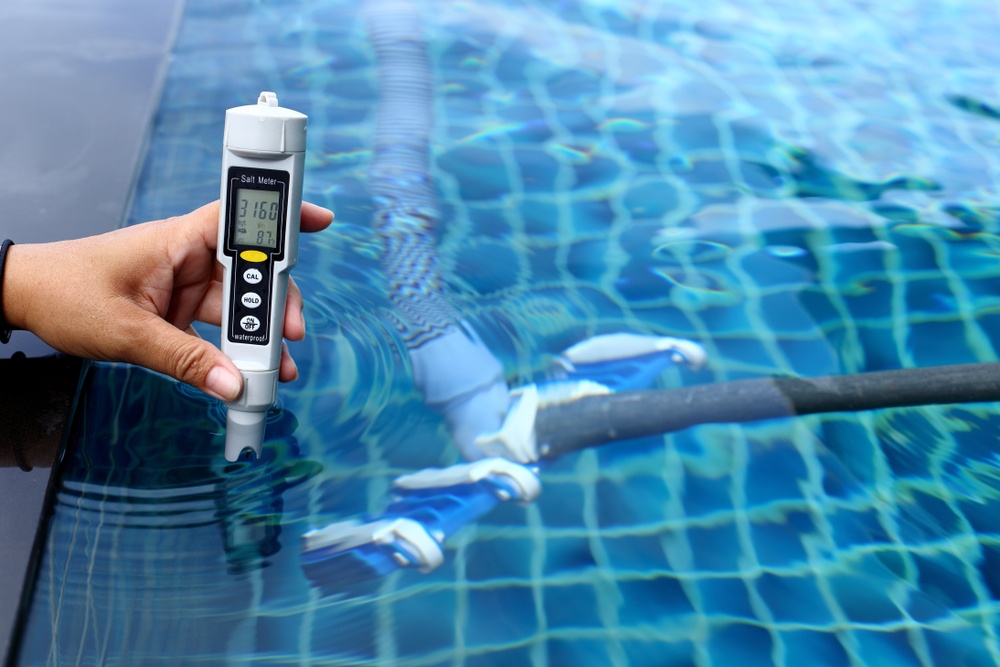
Pool Flocculants vs. Clarifiers: What’s Best for Your Pool?
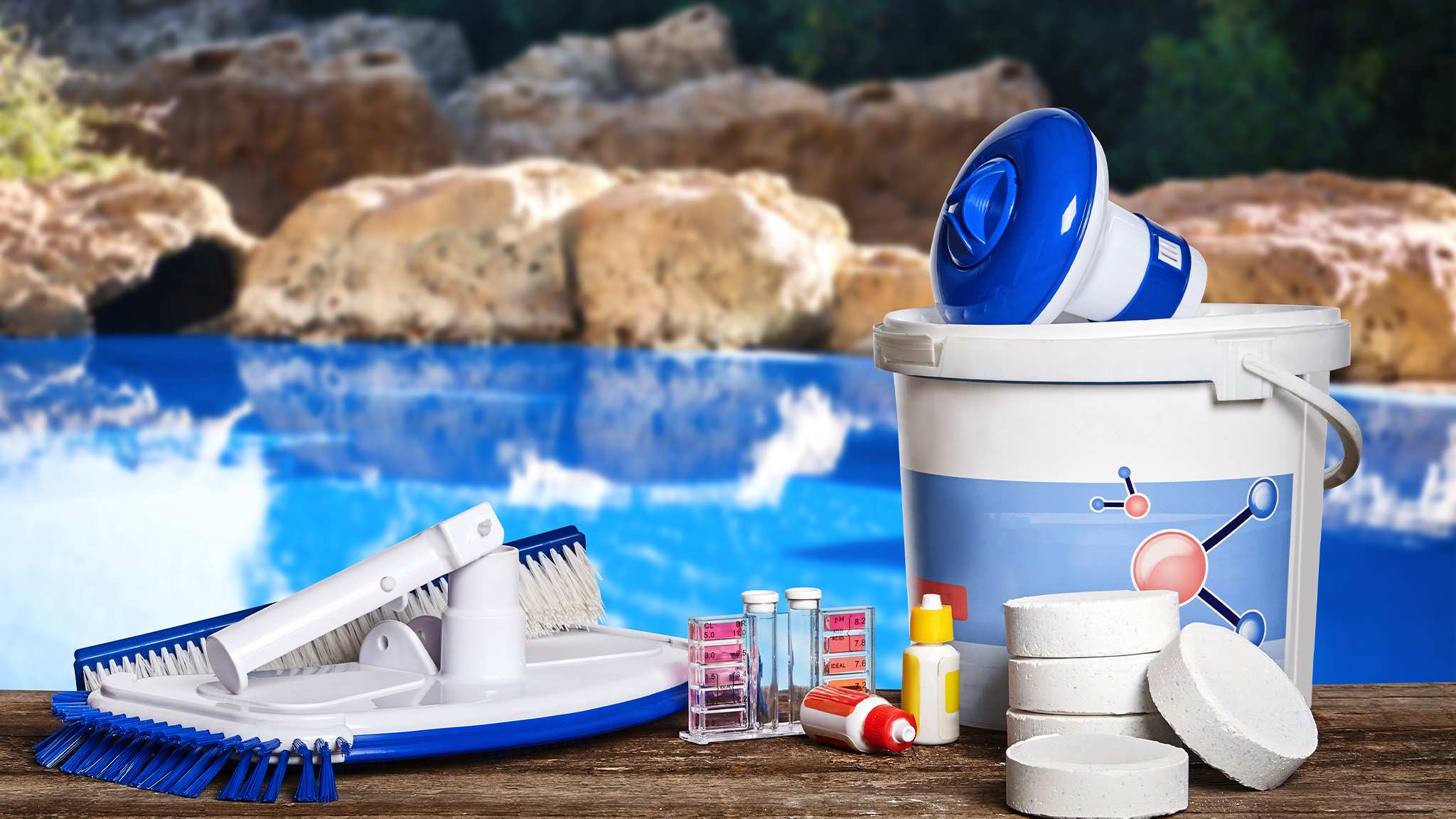
Understanding the mechanics behind a clear and sparkling pool involves more than just a basic filtration system. One critical element that can make a dramatic difference in water clarity is the use of pool flocculants. In this guide, we delve deep into what flocculants are, how they compare with clarifiers, and the step-by-step process for using them effectively.
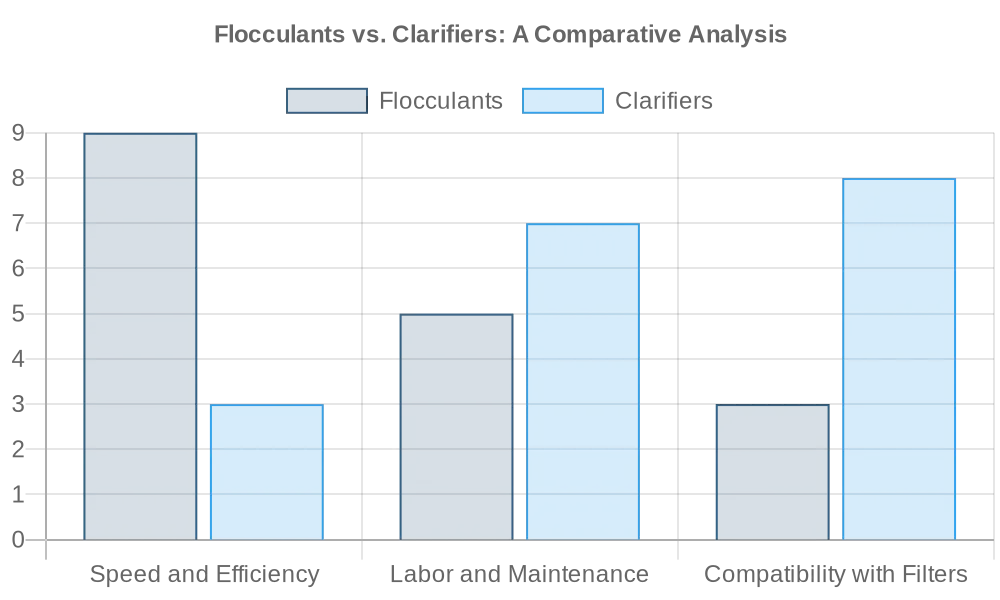
Latest

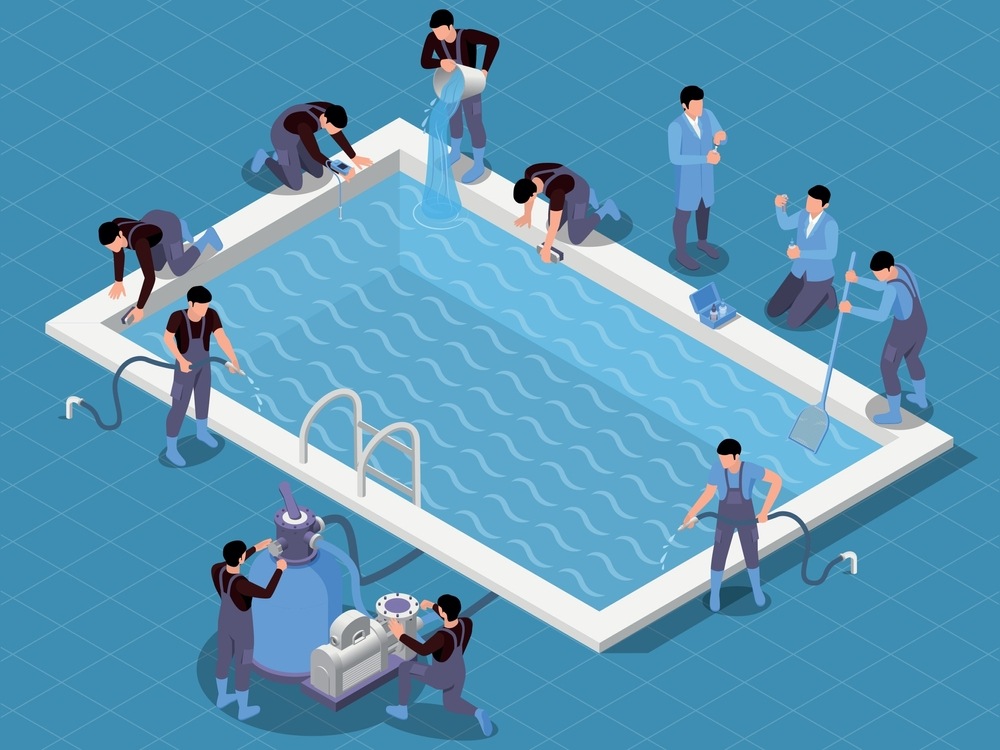
How Do You Properly Clean a Fiberglass Pool in 2024?
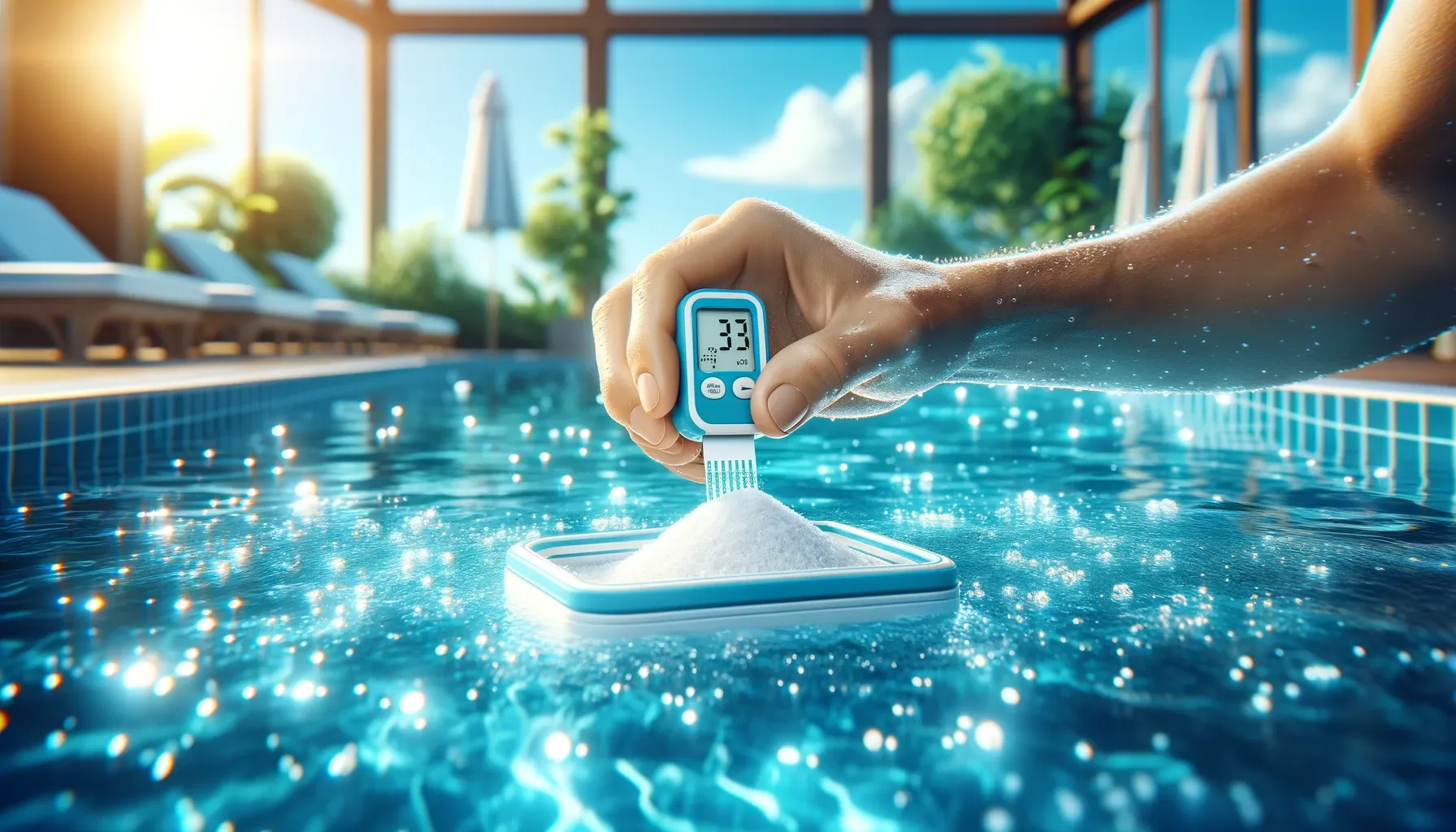
How Do You Know If Your Pool Needs Salt?
Categories
What Are Pool Flocculants?
Sometimes referred to as pool floc, flocculants are specialized chemicals that assist in the removal of fine particles suspended in pool water. These fine particles often consist of bacteria, viruses, algae spores, and other microscopic debris that evade standard filtration systems. Flocculants work by causing these tiny particles to clump together into larger, heavier aggregates, making them easier to remove by vacuuming or filtration. The idea is to accelerate the natural sedimentation process, quickly settling the particles at the bottom of the pool.
Why Flocculants Matter
The importance of flocculants is magnified when you find yourself in a situation where your regular filtration system just doesn’t cut it. Maybe you’re hosting a pool party in a few hours, or perhaps you’ve just dealt with an algae bloom. Either way, flocculants provide a rapid solution to help you get your pool back in pristine condition.
Clarifiers Versus Flocculants: A Comparative Analysis
While both flocculants and clarifiers aim to improve water clarity, they differ significantly in their effectiveness, speed, and application methods.
Speed and Efficiency
Clarifiers work gradually and may require several days to achieve complete water clarity. Flocculants, on the other hand, produce almost instantaneous results.
Labor and Maintenance
Using flocculants requires a bit more elbow grease as they necessitate subsequent vacuuming. Clarifiers are more straightforward—pour them in, and let your filtration system do the work.
Compatibility with Filters
Another key point of difference is the compatibility with various filter types. Flocculants are generally not recommended for pools with cartridge filters, while clarifiers can be used safely with any type of pool filter.
When to Opt for Flocculants Over Clarifiers
Choosing between flocculants and clarifiers largely depends on your specific circumstances and what you aim to achieve in terms of water clarity and timing.
- Immediate Results: If you need your pool to be crystal clear within a short period, flocculants are your go-to option.
- Challenging Conditions: For particularly murky waters that standard filtration and clarifiers can’t handle, flocculants can be a lifesaver.
- Comprehensive Cleanup: When you’re prepared for a thorough cleaning session involving vacuuming, flocculants are ideal as they bring all the particles to the pool’s bottom.
Step-by-Step Guide: How to Use Flocculants Effectively
Prepping the Pool
- Raise Water Levels: Compensate for water loss due to vacuuming by filling the pool to its maximum level.
- Balance pH Levels: Aim for a pH level around 7.0 to ensure that the flocculant works efficiently.
Application Process
- Dilute the Flocculant: Follow the instructions on the product to know the dilution ratio.
- Distribute Evenly: Pour the diluted solution around the perimeter of the pool.
Activation and Cleanup
- Activate the Pump: Run your pool pump for several hours to disperse the flocculant thoroughly.
- Let it Settle: Turn off the pump and let the water sit undisturbed overnight.
- Initiate Vacuuming: Set your filter to “waste” and vacuum the pool, focusing on the sediment at the bottom.
- Replace Lost Water: Refill any water lost during the vacuuming process.
- Backwash Filters: Finally, make sure to backwash your pool filters to remove any residual chemicals and sediments.
Are Pool Flocculants What You Really Need?
Flocculants offer a quick and highly effective method for improving water clarity, but they do come with the requirement of additional labor for vacuuming. On the other hand, clarifiers are easier to use but take longer to show results. Your choice between the two will depend on your immediate needs, the state of your pool, and how much effort you’re willing to invest in maintenance. Whether you opt for a flocculant or a clarifier, remember that pool cleanliness is not just a luxury but a necessity for a healthy, enjoyable swimming experience. Don’t hesitate to consult our experts at PoolForce for personalized advice tailored to your needs.
Latest

How to Maintain the Recommended Salt level in your Pool in 2024

How Do You Properly Clean a Fiberglass Pool in 2024?

How Do You Know If Your Pool Needs Salt?
Categories
YOU'RE NOT IN THIS ALONE
We are with you every splash of the way
Need a pool fix or looking for an upgrade? We’re just one click away to help with all your pool needs.

